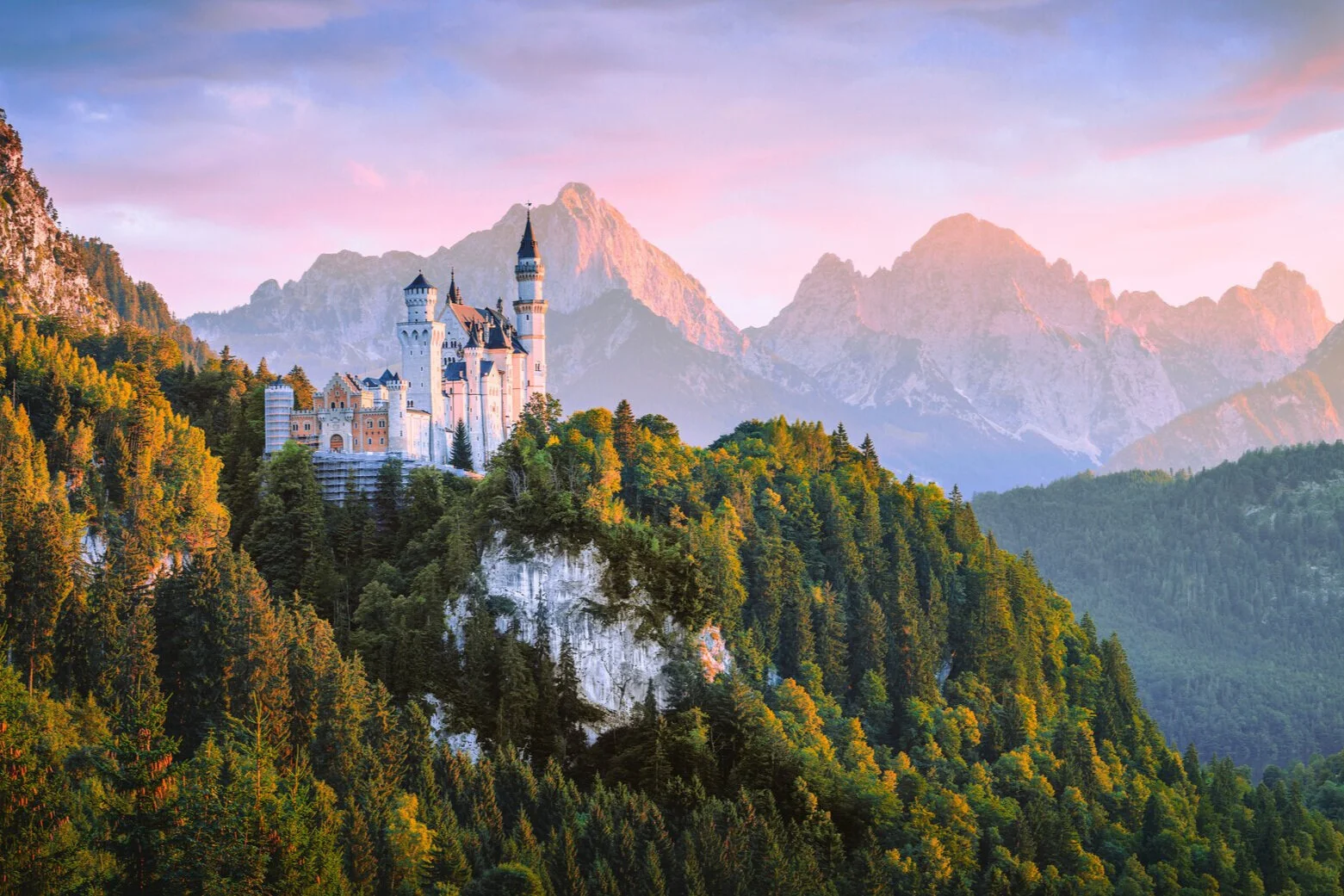Where Do You Live?
There are two worlds in which we can live, each world with their drastically different implications. People in the first world walk around with the understanding that life ultimately has no meaning. They are the result of a great cosmic accident who have gotten extremely lucky with our existence and must remember this as they live each day. Had the cosmological dice been rolled differently, then they would not even know what could have been. Life could have very easily not existed at all, so it is absurd to ascribe meaning to an accident. Ascribing meaning to life in this world would be as absurd as ascribing meaning to the aftermath destroyed lego set by a two-year old–it just happened. Nothing more and nothing less.
Because of this great cosmic accident, the beautiful people we are surrounded by have no value outside of which is ascribed to them by other people. In this world, it matters little if we respect others or harass them. Our interactions with our neighbors, friends, family, and co-workers must not be guided by any sense of moral obligations of what is “right” and “fair” and “just”. For, in this type of world, there are no such things as “right” and “just” and “fair”. The people of the first world resonate with the famous quote from Richard Dawkins, “The universe we observe has precisely the properties we should expect if there is, at bottom, no design, no purpose, no evil and no good, nothing but blind pitiless indifference.” Moral judgments in this world are not universal or objective; rather, they are a product of relativity–stemming from the minds and hearts of each person. Morality has no foundation for the people in this world.
This world is marked by an increasing sense of depression, hopelessness, despair, and vacuity. Citizens in this world face a constant reminder that the lack of meaning and value constitutes the absence of purpose in life. There is no overarching goal to work towards with each individual life, and because of this reality, people should do what they want to do. If they want to run a world-wide human trafficking organization, then they should. If they want to do nothing and die of starvation, who cares? If they want to fill their time serving the poor and building affordable housing, then why stop them? It makes no difference if these people live as a Mother Teresa or an Adolf Hitler because meaning, value, and purpose are absent. All actions, good or evil, committed in this world are of equal value. This is the world in which God does not exist.
Luckily, this is not the only world that exists. The second world is a little different. People in this world walk around with an understanding that life does have meaning. They were the byproduct, not of a great cosmic accident, but of a great cosmic Creator. They understand that it is very unlikely for life to exist, and because it does exist, it is very logical to believe there is a Creator behind the universe. With this understanding, life has tremendous meaning. People are not cosmological accidents but conscious intentions from the Eternal God. This Creator creates because He desires to create, not because He was forced. His creations are never accidental or nonchalant. If He intends something to exist, there must be a reason for its existence.
Considering this intentional creation, the beautiful people we are surrounded by have an inherent value given them by their Creator. He says they have value not because of what they can do but because of who they are. In this world, human value is an objective reality rather than a subjective reality. It matters greatly if we respect others or harass them. Our interactions with our neighbors, friends, family, and co-workers are guided by a sense of moral obligations of what is “right” and “fair” and “just”. In this world, “right” and “fair” and “just” actions do exist because morality has a foundation in the Creator of all things.
Lastly, the people of this world live with a great sense of purpose. Despite setbacks and sufferings, the people of the second world view their lives in light of a greater purpose for which they were created. They believe they were designed to do something bigger than themselves for the glory of the Creator. This fills their lives with such joy, hope, and fulfillment. They know their decisions matter, and how they live this life matters beyond their existence on Earth. This is the world in which God does exist.
Where do you live?
This picture helps us to see why it is rational to believe in God’s existence. If you were to poll the world asking, “Do you think life has meaning, value, and purpose?” you would get a resounding, “Yes!” Yet, if you polled the same people and asked, “Do you believe God exists?”, you may get a mixed bag of results. Herein lies the issue: we love to believe in meaning, value, and purpose for our lives, but sometimes we fail to recognize the One who gives our life meaning, value, and purpose.
Many people ideologically live in the first world, but practically live in the second world. That is, they believe there is no God which derives life of meaning, value, and purpose; however, they live as if life has meaning, value, and purpose which is only possible in a world where God exists. William Lane Craig, a Christian philosopher and professor at Biola University, says that every atheist must make a choice between being happy and being consistent. If they choose to be happy, they must deny the implications of a world without God. If they choose to be consistent, they must accept the grim reality of a life without meaning, value, and purpose.
What do you choose? Where do you live?
*Two worlds idea inspired by Francis Schaeffer’s “upper and lower story”






